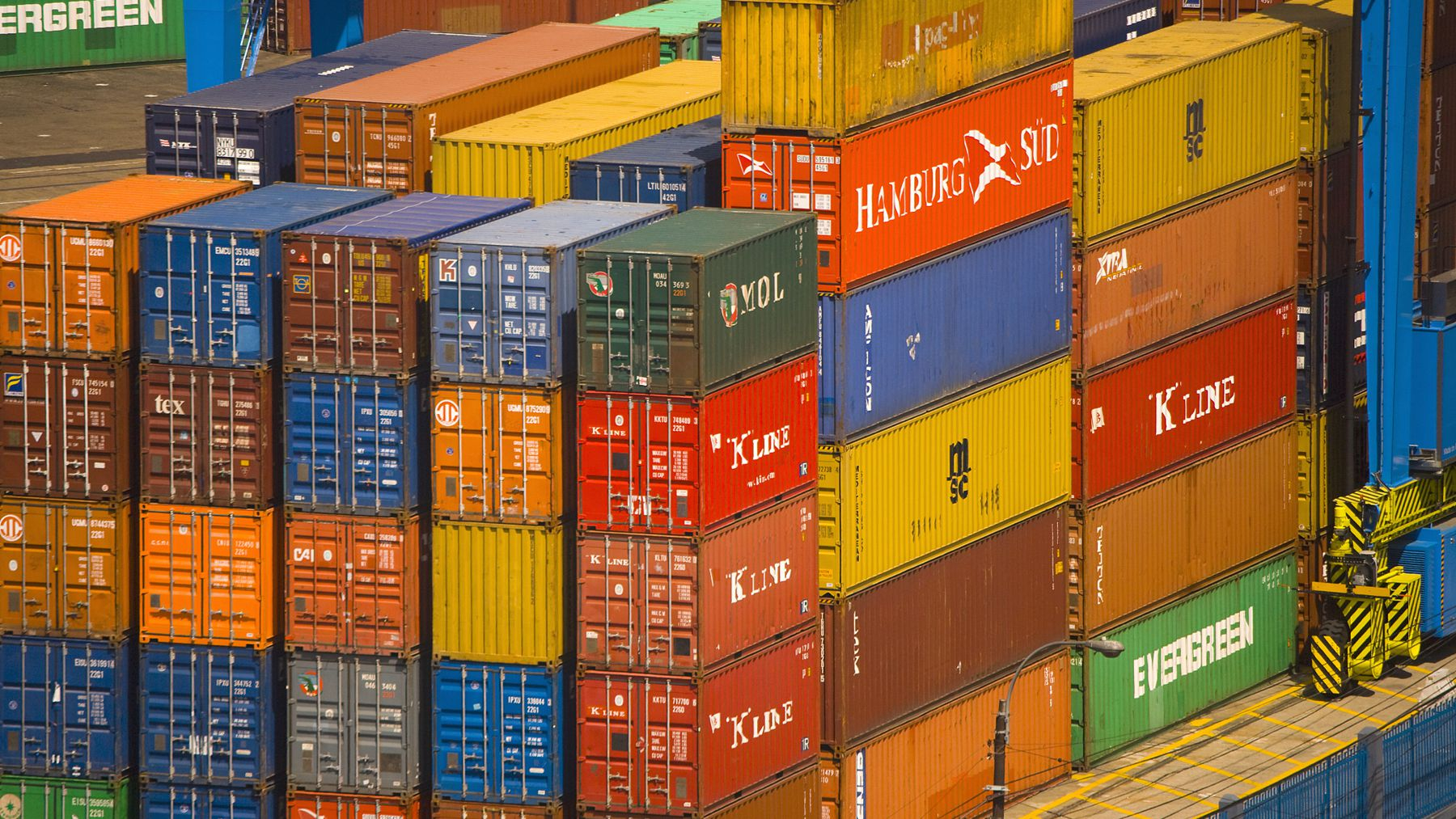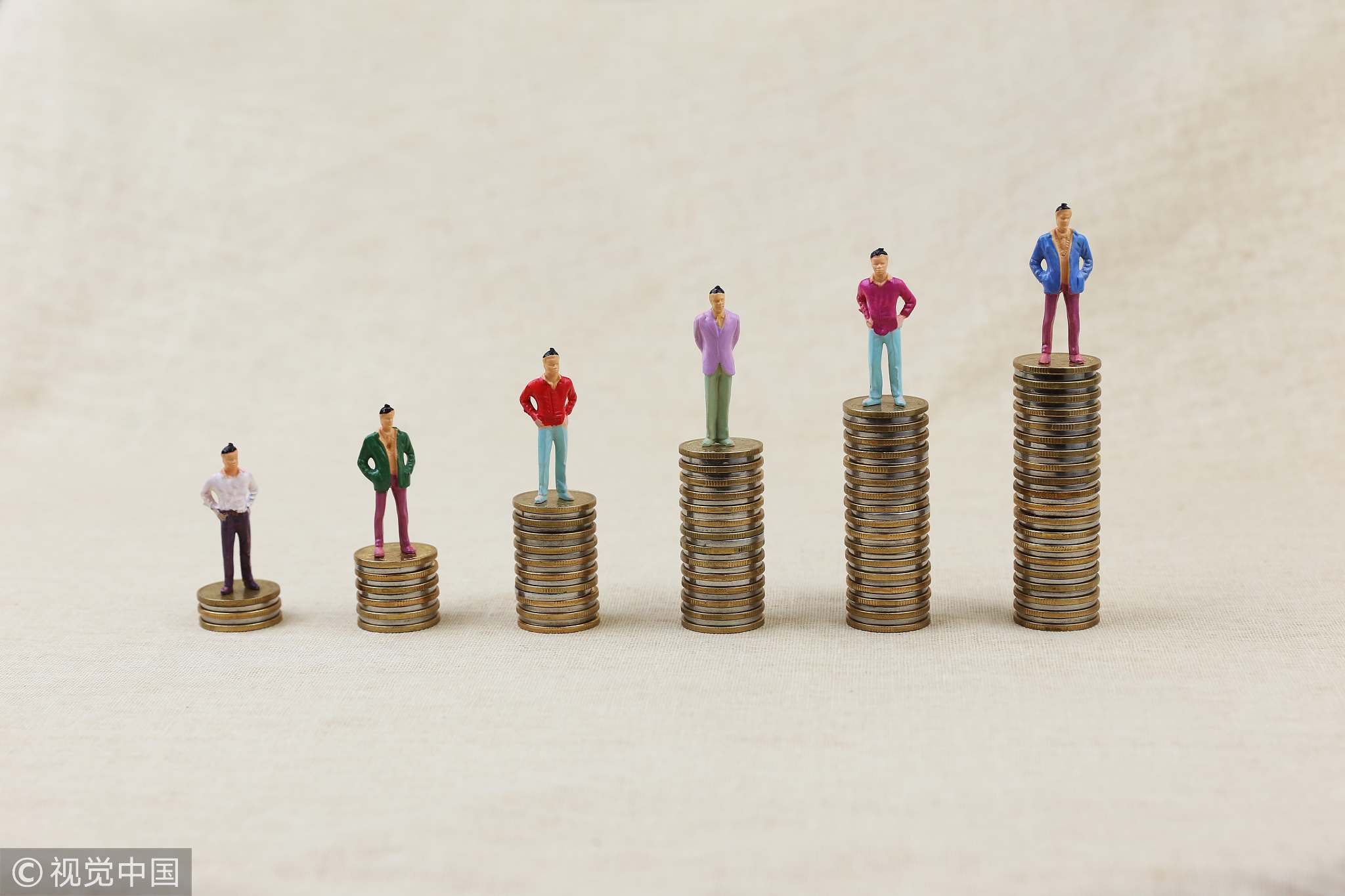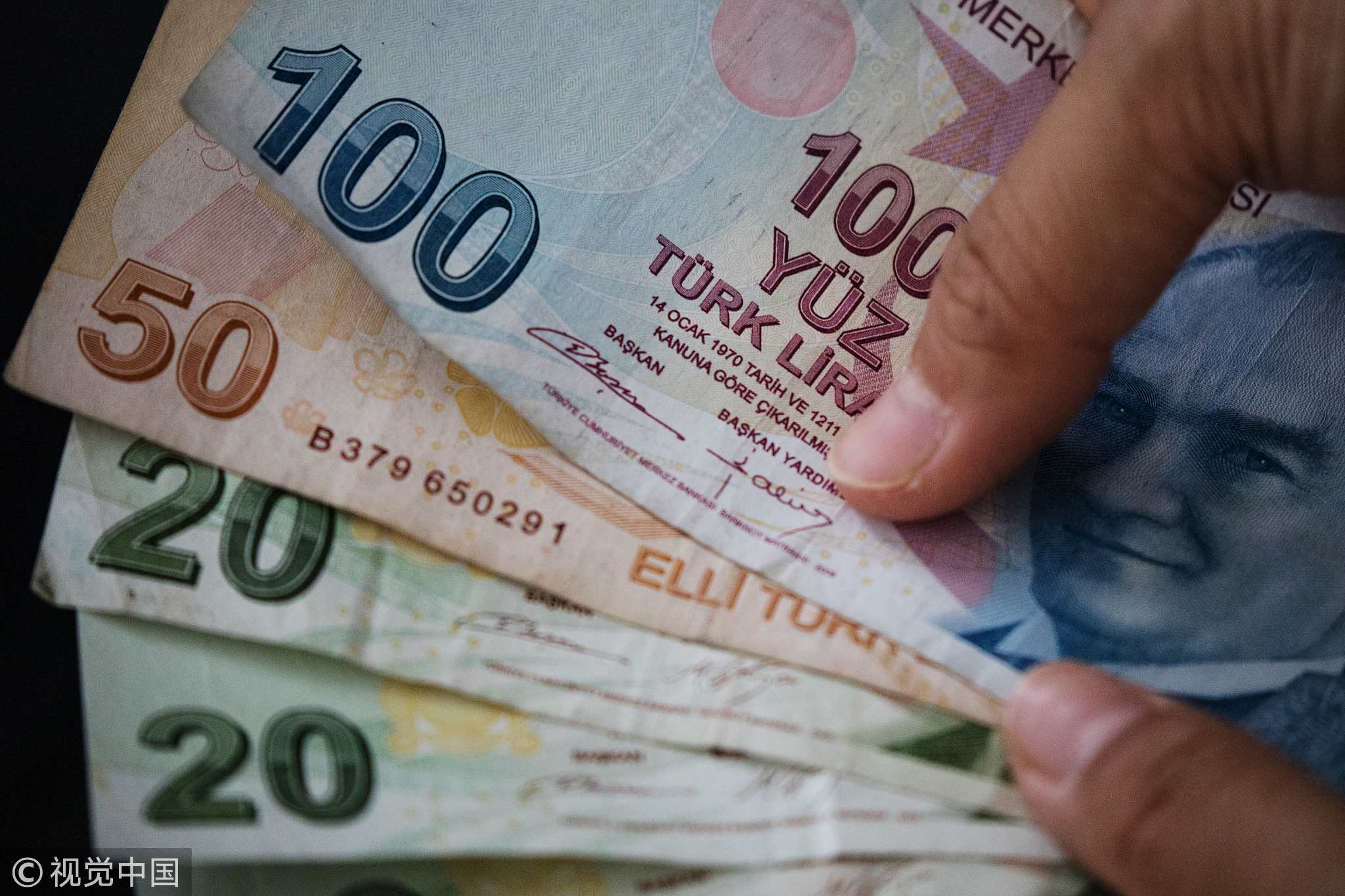
Opinions
12:44, 14-Aug-2018
Opinion: What are the flaws of current global trade system?
Updated
12:22, 17-Aug-2018
By Jiahe Chen

Editor’s Note: Jiahe Chen is the Chief Strategist at Cinda Securities, Oxon. The article reflects the author's opinion, and not necessarily the views of CGTN.
In standard economic theory, it is believed that a completely free market is the best choice for the global economy.
The definition of ‘comparative advantage’ is that governments should let economies do whatever they want in the global trade system and let them compete against each other freely.
As a result, countries will be able to find which of their own industries has the best comparative advantage, and the world’s utility will be maximized.
The problem is that this is just a theory. History has proved its incorrectness, and that's because there are two significant flaws.
The first is that pricing abilities for different industries are different. In economic theory, it is believed that everyone sells their products with fair prices, determined by the market.
The problem is that a fair price can only be achieved through market competition when there are enough competitors. If there are not enough providers of a certain product, the price can be sky rocketed and no one can do anything about it.

VCG Photo
VCG Photo
For example, let’s say there are 10 countries in a market. One of them produces guns, and the remaining nine produce bananas. The nine banana producers cannot charge a super high price, because their products face competition.
However, the gun producer can actually charge any price it wants, not just because of the violent power provided by guns but because they are the only producer.
The above example tells us a frustrating economic fact. Many small countries bond themselves to the global trade system and hope they can be treated fairly by the market.
The problem is that their products are replaceable, therefore, in the competitive global market, smaller participants can never get the biggest profits and their economic growth will never be the best.
When you understand this disadvantages suffered by less developed countries in the global trade system, you will understand an important reason behind China’s economic miracle. The Chinese government took a significant role in boosting China’s own industries, even when they had no comparative advantage at the start.
As a result, China is now quite competitive in many industries and its GDP growth rate has been one of the world’s highest in the past few decades. The same logic can also help you understand that why many less developed countries that followed the economic theories of the free market didn't achieve a high development speed.
People might say that China’s actions broke the rule of a free market. The problem is that this global market is never actually free. This brings up the second flaw of the global trade system: Countries with less economic power are much more vulnerable and are much easier to be hurt by the international financial market and countries with superior economic positions.
For example, when the United States recently added tariffs against Turkey, Turkey’s lira collapsed right away. The economy of Turkey was under pressure from two areas, the international financial market -where the participants care only about their own profits and take no responsibility in nations’ development - and the problematic global trade system.

A woman poses for a photograph with Turkish Lira currency in Istanbul on August 13, 2018 /VCG Photo
A woman poses for a photograph with Turkish Lira currency in Istanbul on August 13, 2018 /VCG Photo
To elaborate on the latter, let’s assume that Turkey produces computer and mobile phone systems like Silicon Valley rather than steel and aluminium. Will the pressure from the US tariffs still be the same? No, in this case, Turkey will face no pressure at all, simply because there is only the Silicon Valley that produces operating systems.
Therefore, no matter how many tariffs are imposed upon the economy, the producers can always sell their products with a good price.
However, in the real world, Turkey produces steel and aluminium, which are produced by many countries. Therefore the tariffs hurt the Turkish economy severely.
The actions of international financial market escalated Turkey's problems. Let us assume that Turkey is a large country with strong domestic economy.
In this case, the increment of tariffs from the US will not pose much of a threat to its real economy. Therefore the international financial market will not abandon the lira right away. When the United States recently added much larger tariffs to China, the CNY (Chinese Yuan) performed much better than the lira.
However, Turkey is a country with a pretty flimsy domestic economy, and it has too little in the foreign exchange reserve, too much foreign debt and excessive international investment, especially short-term investments.
The international financial market quickly realized the potential damage US tariffs can have on the Turkish economy and took actions accordingly, which is by selling the lira. This then escalated Turkey's crisis. Now the Turkish economy has entered a negative spiral and an economic crisis has become reality.
Although the global trade system has indeed greatly benefited our world in the past century, its flaws are also obvious. History has taught us that theory is always far away from reality. Free trade systems and free markets are the optimum solutions but they can only be enacted as academic models.
In the real world there are always obstacles and interventions that create selfishness and irresponsibility. Therefore in many cases, deliberate and well designed actions are much better than no action at all.

SITEMAP
Copyright © 2018 CGTN. Beijing ICP prepared NO.16065310-3
Copyright © 2018 CGTN. Beijing ICP prepared NO.16065310-3